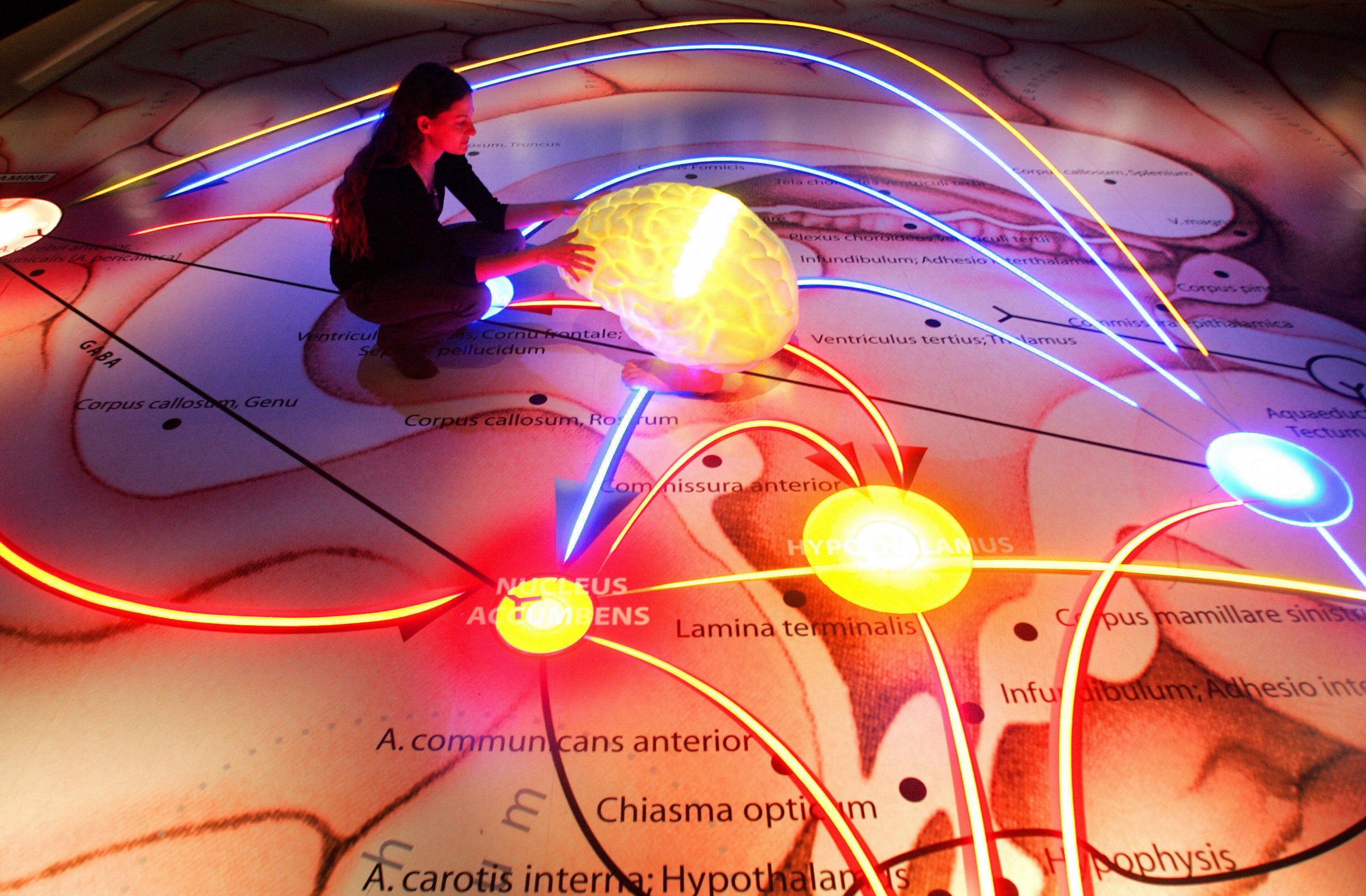
If you’ve ever searched for a quick-fix to mental lethargy, it’s likely that you’ve browsed through your smartphone app store to take a look at the latest offerings of brain-training games.
I certainly have. These games have been designed to sharpen people’s mental acuity, while offering “scientifically proven” means for improving IQs; through a variety of mini-games and careful documentation of improvements to intelligence parameters, people would wield the tools needed to craft the desired, smarter minds that the apps promise.
And the market for them has showed no sign of slowing down. In the space of a few years, the demand for the apps has made the industry a billion-dollar one, with growth expected to continue. A couple of the most popular apps have included Lumosity, a web-based program boasting more than 50m users seeking to “improve memory, attention, flexibility, speed of processing and problem solving”, and mobile-based Peak, whose similar goals and striking visuals entice potential users.
Though the apps have had huge amounts of success, there is a new body of research emerging to suggest that the successes may not be as a result of the games themselves, but because of the placebo effect.
The placebo effect is a phenomenon in which a dummy treatment or process can cause significant changes in a person – simply because that person believes the placebo (posing as a real treatment) will help them. With medication, it can be the mere presentation of a sugar pill disguised as a medicine which can cause a patient to get better. And in the case of apps and games, it seems that anything which promises users cognitive benefit, is more likely to do so.
In a study entitled “Placebo effects in cognitive training” published on Monday in the journal Proceedings of the National Academy of Sciences, researchers found that participants who engaged in brain-training games for a single, one hour session showed improvements in IQ by up to ten points, but only if they believed the games would benefit them.
The group of cognitive scientists from George Mason University, Virginia, set up the experiment in a particular way to determine whether or not the placebo effect was involved.
50 participants were recruited, after two different posters asking people to sign up to a study were plastered around campus: one labelled “brain training & cognitive enhancement” and the other “email today & participate in a study”. The rewards for the former promised boosts in intelligence, while rewards for the latter granted study credits. Unknown to participants, however, was that both tests were the same, meaning any resulting changes to IQ were as a result of what participants were telling themselves about the tests.
The tests centred around the engagement of working memory and other factors to impact fluid intelligence – a type of intelligence which revolves around the application of logic and reason, independent of acquired knowledge. Those who chose to sign up to the “brain training & cognitive enhancement” study, aka the placebo study, were the ones to show remarkable gains in IQ after completing a post-brain games IQ test; gains of five to ten IQ points being made. Those who signed up for the control showed no signs of improvement.
Speaking to the Huffington Post, researcher and co-author of the study Cyrus Foroughi said: “Placebos are very pervasive and they have to be controlled for in a tremendous number of fields. This field is no different. So we put together the study to actually test whether expectation for a positive effect can lead to a positive outcome.”
Within the scientific community, frustration had already mounted as a result of the falsely promoted uses of brain games, particularly as tools to reverse age-related, cognitive-faltering illnesses such as Alzheimer’s disease. Overstated claims through advertising were enough to encourage scientists to sign an open letter in 2014, condemning the inaccurately purported benefits of brain training games. Earlier this year, Lumosity was fined $2m by the Federal Trade Commission for deceiving consumers with “unfounded claims”.
The recent findings strengthen this position, as the effects of cognitive training games seem less to do with the content of the games themselves, and more to do with what users tell themselves will happen after a session of, brain-training puzzle bonanzas. That’s not to say the games themselves don’t offer some benefit – it’s just that further clarification is needed to understand what they exactly contribute to, with the placebo effect factored in.
While scientists expand on their research to pinpoint the real effects of brain games, it seems for now that the best options to keep our brains active are the ones we are most familiar with: learn a language, do some exercise, or maybe just read a book.






